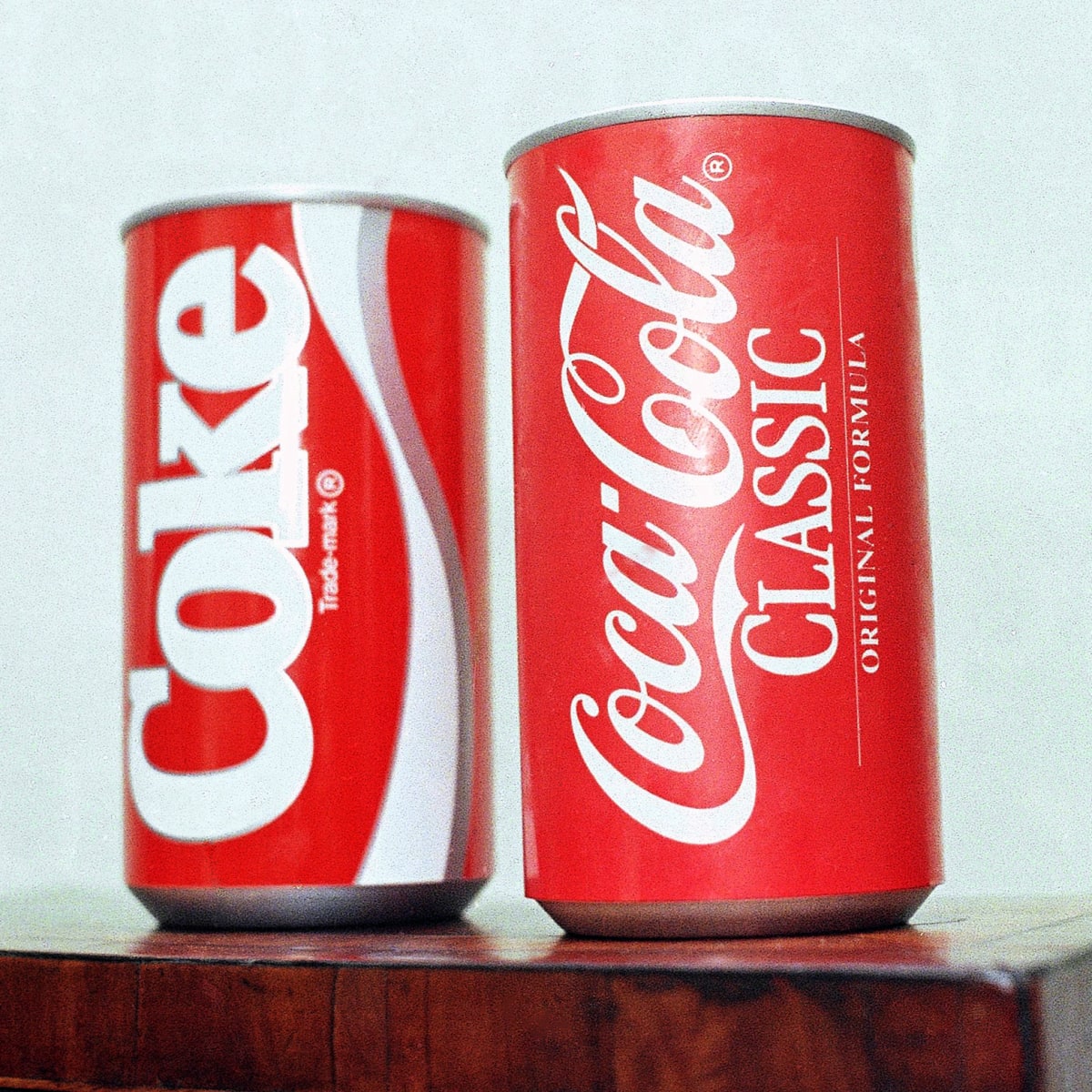A while ago I was playing a game called 9 Books with our family and a family friend. It’s one of those parlor games where you need to know the trick to get it, and once you get it, you can never play it again. In this game we put books in a 3×3 pattern on a table and one person left. The rest of us picked a book and then the absent person was called back. Our family friend pointed to book after book and when she pointed to the one we picked as a group, he called it out. The trick was to figure out how he knows, and I must not be good at it because I was probably the last person to figure it out. In my case I had a lot of guesses, but when I finally guessed correctly, it was an aha moment.
Tim LaHaye’s Spirit Controlled Temperament was like that for my family (and many other evangelicals) when I was growing up. I was taught the four temperaments—choleric, phlegmatic, sanguine, and melancholic—and we took the test to figure out which one we were. It seemed to explain each of us. (For the record I was a choleric-sanguine mix.)
Those two incidents are analogous to me for how people tend to feel when they get the results back from a personality test. It seems insightful; there is an aha moment. When I find out I’m Cool Blue (Insights Discovery), it seems to give me information that I didn’t have before.
And personality tests are big business. The Myers-Briggs Type Indicator (MBTI) is the most commercially successful personality test; it’s used more than two million times a year. But there are others–close to 2000 personality tests on the market today.[1]Louis Menand, “What Personality Tests Really Deliver,” September 3, 2018, https://www.newyorker.com/magazine/2018/09/10/what-personality-tests-really-deliver However, it’s questionable to me if they really are helpful for sanctification. Like parlor games I think they can be fun and interesting, but I question whether they actually lead to greater growth. Apparently some outside the church wonder similar things, even calling them the astrology of the office.[2]Emma Goldberg, The New York Times, “Personality Tests Are the Astrology of the Office,” September 17, 2019, … Continue reading One author said, “Personality testing is an industry the way astrology or dream analysis is an industry: slippery, often underground, hard to monitor or measure.”[3]Annie Murphy Paul, National Public Radio, “Personality Tests Are Popular, But Do They Capture The Real You?,” June 25, 2016, … Continue reading I’m sure some are more scientific and others less so (I’m looking at all you otters in the 4 Animals Personality Test), but I wonder if any are truly helpful for the biblical counselor. They’re interesting. They’re probably fun. But are they actually insightful? Can they really help me change?
Some people invest them with almost biblical importance. Here are three cautions I have about personality tests.
Caution: We Might Confuse Personality with Spirituality
So you’ve taken a personality test and the results say you are a patient person. That’s great! God gives some people a greater measure of patience in his common grace to us. But don’t confuse the results of a personality test with the fruit of the Spirit (Gal 5:23-23). Those are virtues that are the result of the Holy Spirit’s sanctifying work in our lives. They are by definition, unnatural. So be careful not to take the results of a secular personality test as evidence of spiritual growth. They’re not the same. God’s work in us is something that can only be explained by the Spirit, not by personality.
Caution: We Might Believe that Personality Is Fixed
Even though some have found evidence that variables in taking the test can affect your results (i.e., you can get different results with some tests depending on when you take it), overall we are tempted to think like the world that our personalities are fixed. So we get our results back and believe we cannot change. But where your personality is not Christlike, it has to change. It can change. The Great Commission and the 2nd Great Command aren’t just for extroverts. Us introverts have to share the gospel and love our neighbor. A personality test result is not an excuse for avoiding your neighbor too. Even introverts can be progressively sanctified resulting in loving others better. Personality tests are based on the assumption that personality cannot change. That’s not a biblical assumption.
Caution: We Might Believe they Are Explanatory Rather than Descriptive
This is my primary concern. I can regard them as tools of self-discovery that explain me. I think they tell me why I do something rather than what I do, and the personality test makers promote them this way. They sell them as describing why we think and behave like we do. There are two potential ways I can misuse this assumption.
- Accusingly: “You do that because you’re an otter!”
- Excusingly: “I cannot really help it. It’s what Cool Blues do.”
But Scripture doesn’t let us accept such poor explanations for our behavior and thinking. Instead it teaches us that all sin comes from the heart (Mt 7:15-20; 12:33-35; 15:10-20; Mk 7:14-23; Lk 6:43-45). It’s the bad fruit of a bad tree. It’s good news then that Jesus changes hearts. A personality test might describe the characteristic ways that I handle conflict or whether I prefer people or tasks, but it can never explain why I do what I do. The Bible is rich with motivation theory. Why let the insights of unbelievers explain you?
Like parlor games, personality tests are probably mostly harmless—with the above cautions in mind. Just don’t expect your personality test to say something about you that is more important than what Scripture already says about you. Be careful making life decisions off of a personality test. Don’t live based off the “insight” you received.
Are there any cautions you might add? Any pushback you might give?
References
| ↑1 | Louis Menand, “What Personality Tests Really Deliver,” September 3, 2018, https://www.newyorker.com/magazine/2018/09/10/what-personality-tests-really-deliver |
|---|---|
| ↑2 | Emma Goldberg, The New York Times, “Personality Tests Are the Astrology of the Office,” September 17, 2019, https://www.nytimes.com/2019/09/17/style/personality-tests-office.html?.?mc=aud_dev&ad-keywords=auddevgate&gclid=Cj0KCQjwt-6LBhDlARIsAIPRQcKIMy3FHWkex5pioSrHoedPIYPm4wDTUeOyl8Pw-shMfjvQBhuM1GkaAl_QEALw_wcB&gclsrc=aw.ds |
| ↑3 | Annie Murphy Paul, National Public Radio, “Personality Tests Are Popular, But Do They Capture The Real You?,” June 25, 2016, https://www.npr.org/sections/health-shots/2016/06/25/483108905/personality-tests-are-popular-but-do-they-capture-the-real-you |



